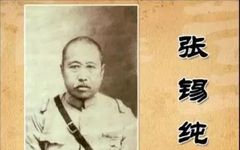Theoretical basis of this article: “Medical Records of Integrating Chinese and Western Medicine”
Dear readers, today I want to discuss a condition that many modern people are troubled by: phlegm-dampness.
Where does phlegm-dampness come from? Today, I would like to share a remarkable recipe from the Republic era and explore this issue with you. This is to say that the phlegm-dampness in contemporary individuals often arises from excessive worrying.
Qing Ban Xia (Pinellia ternata) 12g, Sheng Long Gu (Raw Dragon Bone) 18g, Sheng Mu Li (Raw Oyster Shell) 18g, Sheng Zhe Shi (Raw Hematite) 9g, Pu Xiao (Mirabilite) 6g, Hei Zhi Ma (Black Sesame) 9g, Bai Zi Ren (Biota Seed) 9g, Sheng Hang Shao (Raw White Peony) 9g, Chen Pi (Dried Tangerine Peel) 6g, Fu Ling (Poria) 6g. Decoction for oral administration.
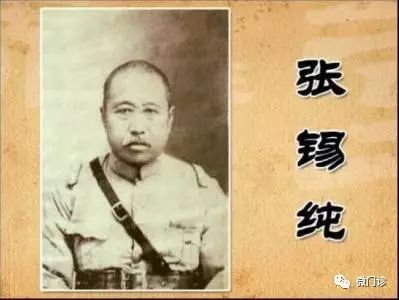
Where does this formula come from? It originates from the famous Chinese medicine practitioner of the Republic era, Mr. Zhang Xichun, a pioneer in the integration of Chinese and Western medicine, in his work “Medical Records of Integrating Chinese and Western Medicine”. The formula is named Long Hao Li Phlegm Decoction. This formula holds a unique position in the history of modern Chinese medicine development and is valued and applied by later generations of practitioners.
For now, let’s not delve into the essence of this formula. Let’s return to the initial question: excessive worrying leads to phlegm. We are already quite familiar with the concept of phlegm-dampness. Phlegm arises from spleen deficiency and poor transportation, which is also well-known. So, how should we understand the idea that excessive worrying leads to phlegm? It’s quite simple. First, excessive worrying causes qi stagnation, which affects the spleen’s ability to transform and transport, thus easily leading to phlegm. This is indisputable. Secondly, and often overlooked, is that excessive worrying inevitably depletes heart yin. When heart yin is damaged, we must seek assistance to nourish yin. Who do we look for? We look to its old partner, kidney yin. Upon receiving the command, kidney yin immediately goes to assist heart fire. Over time, kidney yin becomes depleted, leading to insufficient kidney essence. This results in two major problems. First, our kidneys, which are responsible for the transformation and excretion of fluids, become weak, which can lead to the accumulation of phlegm-dampness in the body. This is known as “deficient phlegm.” Second, insufficient kidney yin inevitably generates heat, causing heat to congeal fluids and form phlegm-heat pathogens. When phlegm-heat disrupts the body, significant issues arise, primarily manifested as dizziness, headaches, irritability, insomnia, poor appetite, nausea, vomiting phlegm, skin eruptions, and loose stools. This is a clear sign of phlegm-heat in the body. In severe cases, it can even lead to confusion of consciousness and stroke paralysis.
What should we do at this point? This is where the formula from Zhang Xichun comes into play. Let’s reiterate the ingredients: Qing Ban Xia 12g, Sheng Long Gu 18g, Sheng Mu Li 18g, Sheng Zhe Shi 9g, Pu Xiao 6g, Hei Zhi Ma 9g, Bai Zi Ren 9g, Sheng Hang Shao 9g, Chen Pi 6g, Fu Ling 6g.
Dear readers, this formula can solve the problem. The two key ingredients are Sheng Long Gu (Raw Dragon Bone) and Sheng Mu Li (Raw Oyster Shell). 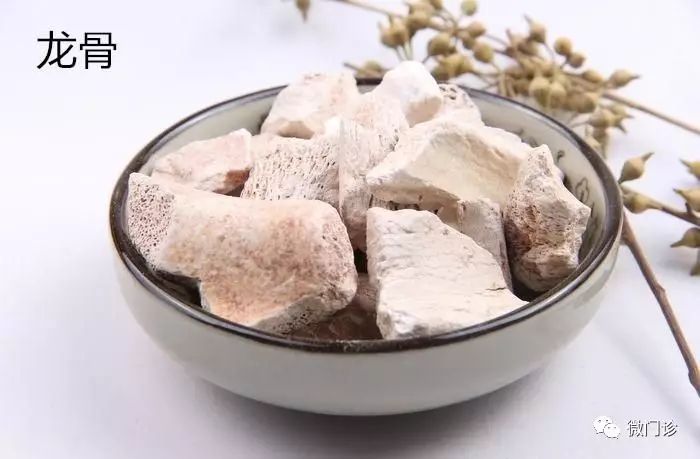
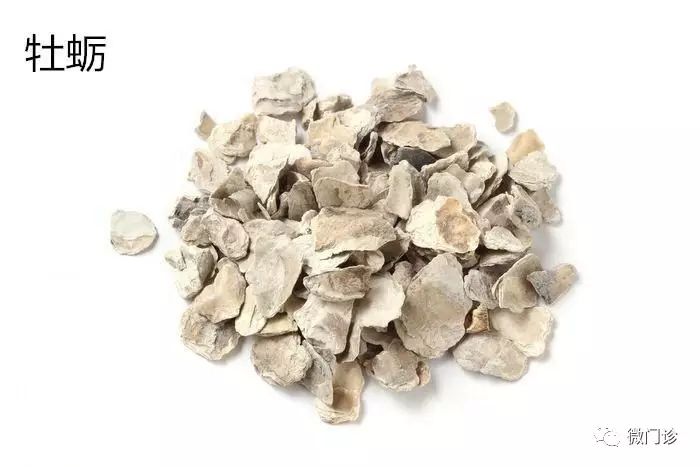
Long Gu is sweet, astringent, neutral, and enters the heart, liver, kidney, and large intestine meridians, with functions of calming the spirit, stabilizing sweating, and securing essence. Mu Li is salty, slightly cold, and enters the liver, gallbladder, and kidney meridians, with functions of calming the spirit, subduing yang, nourishing yin, and softening hardness and dissipating nodules. Both of these herbs enter the kidney, nourishing kidney yin and replenishing kidney essence, and are also regarded as effective in resolving phlegm and dissipating nodules. Therefore, the combination of these two herbs can be seen as hitting three targets with one arrow: first, resolving phlegm and dissipating nodules; second, nourishing yin and assisting the excretion of water-dampness; third, calming the spirit and preventing heart fire from depleting kidney yin. The use of these two herbs perfectly addresses the root of the problem of excessive worrying and abundant phlegm-dampness, truly fascinating.
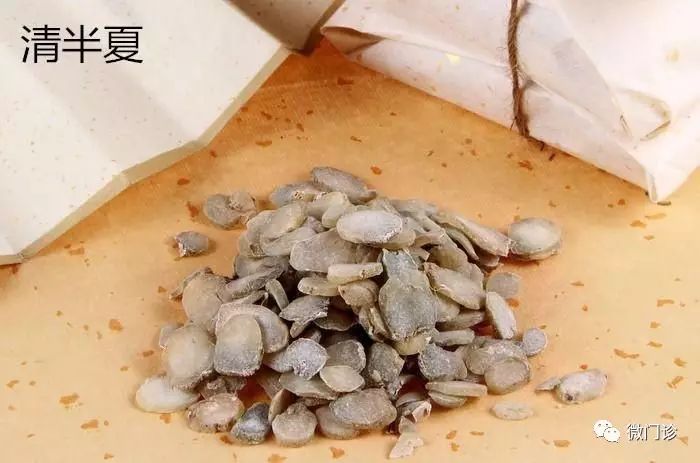
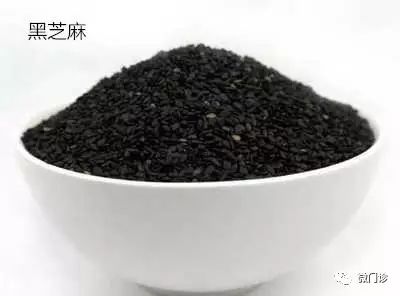
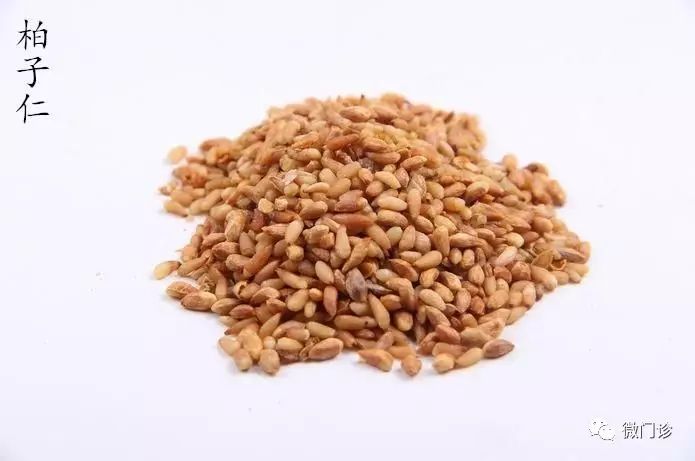
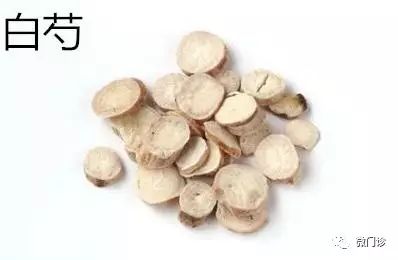
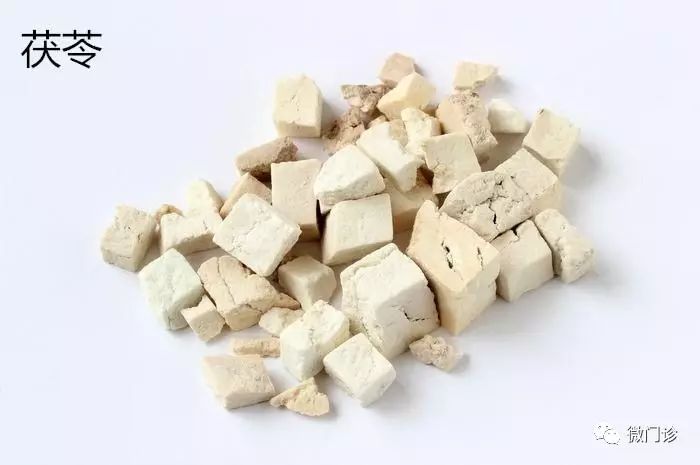
The next few herbs are easier to understand. Qing Ban Xia has the function of resolving phlegm and drying dampness, targeting the phlegm already formed in the body for treatment. To alleviate its drying nature, we use Hei Zhi Ma (Black Sesame) and Bai Zi Ren (Biota Seed) as moistening agents to balance it out. Both Hei Zhi Ma and Bai Zi Ren also enter the liver and kidney, cooperating with Long Gu and Mu Li to nourish kidney yin and kidney essence. To resolve summer dampness, we use Sheng Hang Shao (Raw White Peony) to nourish yin and promote urination, along with Chen Fu Ling (Poria) to facilitate water drainage and dampness elimination. Together, they work with Ban Xia to resolve water-dampness. To enhance the overall effect of resolving phlegm-dampness, we specifically include Sheng Zhe Shi (Raw Hematite) and Pu Xiao (Mirabilite). Zhe Shi is bitter, cold, enters the liver and heart meridians, and functions to calm the liver, subdue yang, and stop bleeding. According to “New Materia Medica”, it can “reduce swelling and resolve phlegm.” Pu Xiao (Mirabilite) is pungent, bitter, salty, and cold, enters the stomach and large intestine meridians, and functions to drain heat, moisten dryness, and soften hardness, and is effective in treating stagnant phlegm accumulation. Zhang Xichun noted that it can also “treat heart heat generating phlegm, mental confusion, five hearts heat, and irritability with insomnia.” This directly addresses the pathogenesis of phlegm-heat disturbing the spirit.
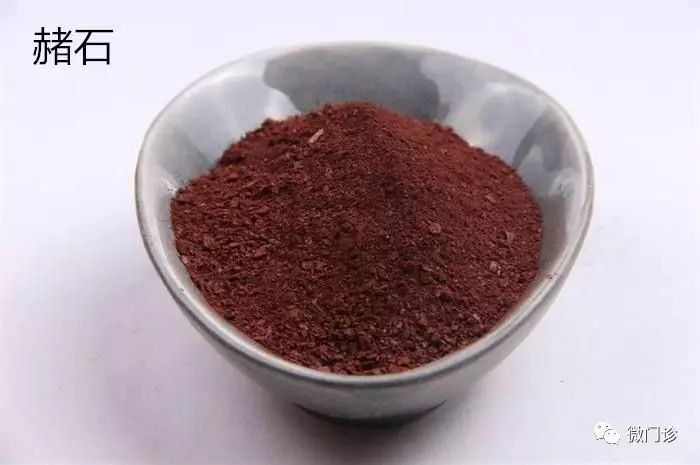
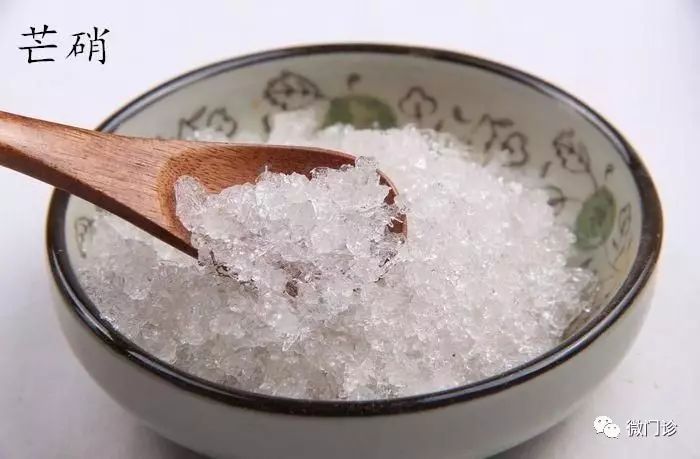
Thus, a classic formula born in the Republic era resolves the greatest health challenge of contemporary individuals.
So, who is this formula suitable for? In the classic words of Zhang Xichun, it is for those who “generate phlegm from worry, and phlegm generates heat, leading to unsettled spirit.” Specifically, it is for those who bear significant work and life stress, experience excessive worrying, and also dizziness, headaches, irritability, insomnia with vivid dreams, anxiety, emotional instability, high blood lipids, a sticky mouth, poor appetite, nausea, vomiting phlegm, skin eruptions, and loose stools. Such individuals may benefit from this formula. However, since a formula is still a formula, we should consult a TCM practitioner for differential diagnosis and adjustments according to symptoms to achieve the best therapeutic effect.
The end of the article. I wonder what you think, dear readers? Please feel free to share your thoughts in the comments section.

